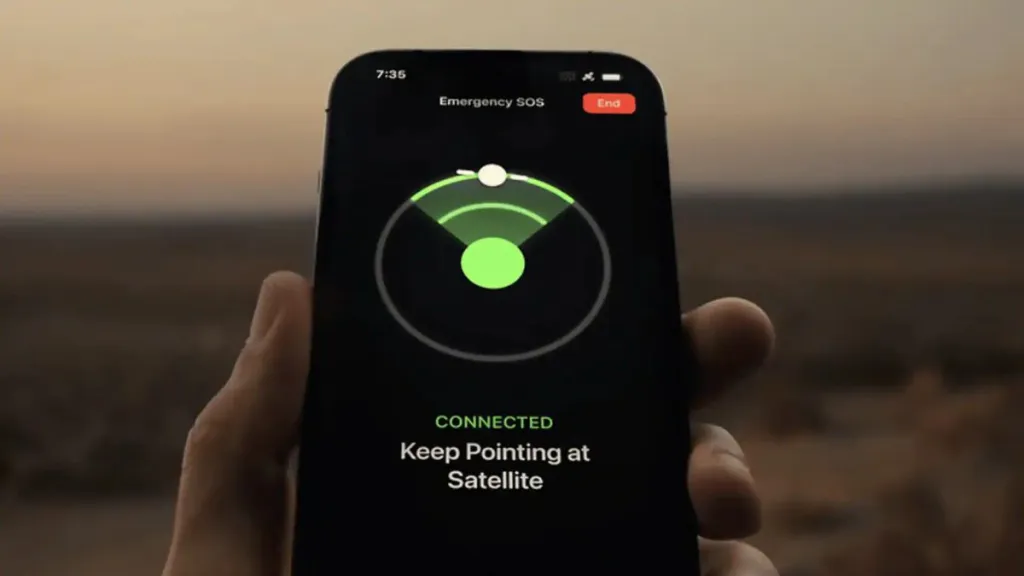- TECHSWU
- Posts
- TECHSWU
TECHSWU


Alibaba has taken the artificial intelligence stage by storm, unveiling its latest model, Qwen 2.5-Max, which it claims outshines DeepSeek V3, a well-respected competitor.
The launch coincided with the Lunar New Year, demonstrating Alibaba's urgency in the rapidly evolving AI landscape, spurred on by the impressive rise of DeepSeek. Qwen 2.
5-Max boasts remarkable integrated features that enhance its performance, setting Alibaba apart in a market that is increasingly sensitive to cost and innovation. The recent releases of both DeepSeek’s AI models have already rippled through Silicon Valley, causing stock prices of major tech firms to plunge and raising eyebrows among investors.
As competition escalates between Chinese companies like Alibaba and their Western counterparts, the shift toward more cost-efficient AI development approaches could redefine global market dynamics and regulatory dialogues in the tech world. The battle for AI superiority is heating up, and all eyes are on these tech titans.


DeepSeek is shaking up the AI landscape, challenging established giants like OpenAI with its impressive capabilities powered by cutting-edge technology. At the core of DeepSeek’s success is the Huawei Ascend 910C chip, which drives its inference processes, while its training leverages Nvidia’s H100 chip.
Despite facing hurdles from U.S.
sanctions, both DeepSeek and Huawei exemplify how innovation thrives under pressure. The startup, emerging from a hedge fund environment, is gaining attention for its revolutionary AI solution dubbed R1, seen by some as a pivotal moment in AI development.
As Huawei works on a more advanced 920C chip, DeepSeek is expected to push boundaries even further, proving that necessity fuels creativity and growth in the tech world. With its bold approach and unique hardware combination, DeepSeek is indeed a player to watch in the rapidly evolving AI sector.

Exciting news for MRI patients with implants! Dr. Emanuel Kanal from the University of Pittsburgh Medical Center unveiled a groundbreaking mobile app at the 2017 RSNA meeting.
This innovative tool helps visualize the forces impacting MRI exams on patients with implantable devices, enhancing safety and confidence for both patients and healthcare providers. The app addresses a significant concern—ensuring MRI compatibility for those with devices such as pacemakers.
By streamlining the evaluation process, it empowers medical professionals to make informed decisions about MRI procedures, reducing the risk of complications. This development marks a leap forward in medical imaging technology, promising a safer and more efficient MRI experience for patients with implants.
In a world where patient safety is paramount, this app is a game-changer that could transform practices in MRI imaging.

In a bold move, a California consumer has launched a class action lawsuit against Amazon, accusing the retail giant of secretly tracking users' movements through their smartphones. The complaint, filed by Felix Kolotinsky, alleges that Amazon illegally accessed personal data from the "Speedtest by Ookla" app using proprietary code designed for app developers.
This "backdoor access" allegedly allowed Amazon to gather extensive timestamped geolocation data, uncovering sensitive information about users, including their religious affiliations and sexual orientations. The lawsuit claims Amazon's practices constitute unauthorized computer access under California law, potentially affecting millions of consumers.
As debates about privacy and consent intensify, this case underscores growing concerns over tech companies' data collection practices.

Exciting news for Apple enthusiasts! With the release of iOS 18.3, iPhones can now send messages without a cellular network, thanks to a game-changing collaboration between Apple, SpaceX, and T-Mobile.
This innovative feature utilizes Starlink satellite connectivity, allowing users to send texts even in areas where service is typically unavailable. While only available for iPhone 14 and later models, this breakthrough paves the way for potential future enhancements, including voice calling and internet access via satellite.
No more frantic signal searching—your iPhone will automatically connect to satellites without needing to be held aloft! Alongside this revolutionary feature, iOS 18.3 also revives the beloved repeated operation in the Calculator app and introduces enhanced camera controls for the iPhone 16.
Apple is not just making life easier; it's redefining what’s possible in mobile communication.


In our fast-paced lives, pet care can often fall by the wayside, but AI-powered gadgets are changing the game for busy owners! From smart feeders that automate meals, adjusting portions based on activity, to interactive toys that keep our furry friends engaged, technology is making pet ownership easier and more enjoyable. Devices like the Furbo Dog Camera allow owners to stay connected, offering play and rewards even from afar.
Health monitoring wearables provide vital insights into pets’ well-being, alerting owners to any issues that might arise. As AI continues to evolve, we can anticipate even more inventive solutions, helping us maintain a strong bond with our pets despite our demanding schedules.
These advancements not only enhance daily care but also provide peace of mind, proving that tech can truly deepen the connection between humans and their beloved companions.

As wearable AI devices like the Neo 1 pendant from NeoSapien hit the market, the promise of a "second mind" is enticing but fraught with privacy concerns. These gadgets are designed to listen, transcribe, and even synthesize conversations into actionable insights, making them powerful productivity tools.
However, as users like entrepreneur Saurabh Garg embrace the convenience, experts warn of the potential for misuse and surveillance. While companies assure compliance with legal standards by transcribing instead of recording conversations, the ever-present microphones raise unsettling questions about consent and security.
With data privacy regulations still developing in India, individuals must navigate the ethical implications of such technology. As innovation races ahead, ensuring a balance between utility and privacy becomes imperative—because having an AI companion shouldn't mean sacrificing your peace of mind.